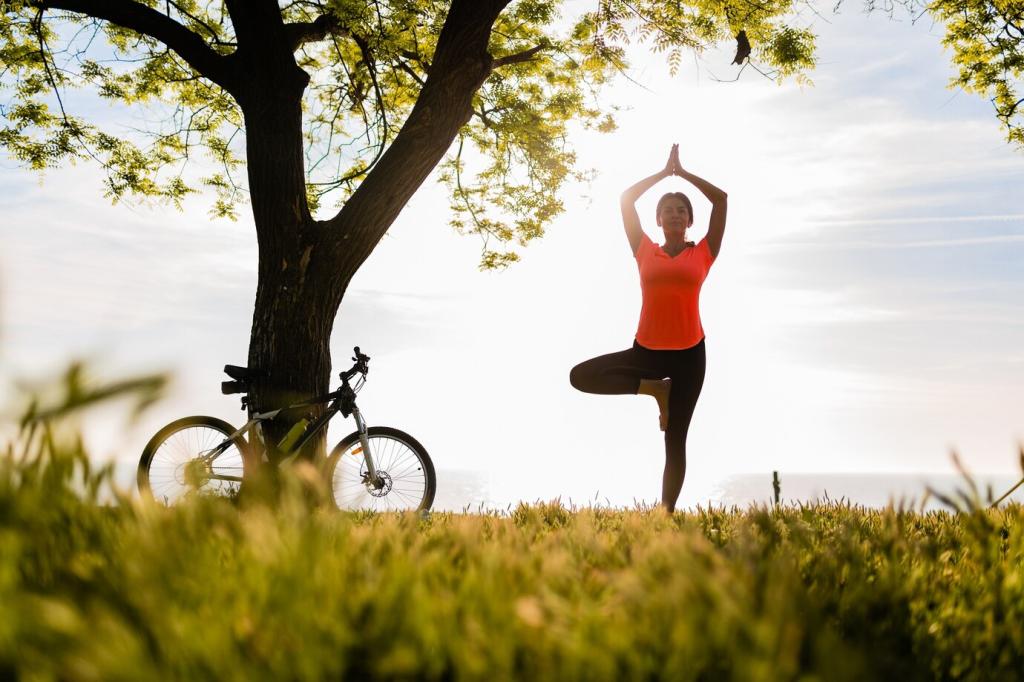Teenage Health and Preventive Measures: Start Strong, Stay Strong
Everyday Nutrition That Fuels Growth
Smart Breakfasts That Stick
A protein-rich, fiber-filled breakfast prevents morning energy crashes and mid-class cravings. Think eggs or yogurt, fruit, whole grains, and water. Maya discovered this combo turned chaotic mornings into calm confidence. What’s your favorite power breakfast? Share it below and inspire someone.

Mental Health Check-ins and Stress Prevention
01
The Two-Minute Mood Scan
Each afternoon, rate your mood from one to five and jot one sentence about why. Liam noticed patterns—little sleep and skipped lunch spiked stress. This tiny habit builds self-awareness fast. Try it for seven days and comment on your insights.
02
Boundaries with Schoolwork
Time-block homework, insert short movement breaks, and finish by a set hour to protect sleep. Use a timer and a visible checklist. After two weeks, compare focus and mood. Join our 14-day boundary experiment and report your results in the discussion.
03
When to Ask for Help
Reach out if low mood lasts, motivation disappears, or sleep and appetite change. Talk to a trusted adult, counselor, or healthcare provider. Seeking help is strength, not failure. Save this as a reminder, and share one supportive resource you recommend.
Move Well, Prevent Injuries
Warm-ups That Actually Work
Five minutes of dynamic moves—leg swings, high knees, lunges, arm circles—prepares muscles and joints better than static stretching. Sofia’s soccer team cut strains by adding this routine. What’s on your pre-game playlist? Post a song that gets you ready.
Strength for Stability
Two days a week of bodyweight strength—squats, bridges, planks, rows—supports knees, hips, and shoulders. After adding glute work, Jay’s ankle felt steadier and sprints improved. Want a simple routine guide? Subscribe for weekly mini workouts and share your progress.
Screen Stretch Breaks
Set a 60-minute reminder to stand, roll shoulders, stretch your chest, and look far away to reset eyes and posture. These micro-breaks reduce neck pain and headaches. Challenge a friend to a daily stretch streak and update us in the comments.
Sleep: The Teen Superpower
Dim lights, park your phone, and do something soothing—read, stretch, journal, or breathe slowly for five minutes. Over time, your brain learns the cue: sleep is coming. Share your wind-down ritual ideas to help others build theirs tonight.

Preventive Care Essentials
Bring a short question list to your annual visit: sleep, mood, nutrition, injuries, periods, skin. Expect privacy, respect, and clear explanations. Sports physicals help catch issues early. What question would you ask first? Share it to help others prepare.
Staying current—like HPV, Tdap, meningococcal, and seasonal flu—protects you and your community. If you have concerns, ask your healthcare provider for plain-language answers. Share a myth you once believed and how you clarified it, so someone else benefits.
Brush twice daily, floss at night, and schedule cleanings. For skin, sunscreen most days, gentle cleanser, and non-comedogenic moisturizer help prevent issues. Pick products you’ll actually use. Comment with a sunscreen you like and why it works for you.

Digital Life and Social Safety
Think before posting: would you be okay if a teacher or future team saw it? Turn off geotags, limit location data, and review friend lists. A near-miss taught Dylan to lock down settings. Review yours tonight and tell us what you changed.
Digital Life and Social Safety
Agree on shared rules: devices parked during meals, study-first blocks, and a nightly off-ramp. Use app limits as training wheels, not punishment. After a week, evaluate stress and sleep. Comment with one screen rule you’ll try with your crew.


Healthy Relationships and Sexual Health
Respect, Consent, and Communication
Consent is enthusiastic, informed, and ongoing; silence or pressure is not consent. Practice clear check-ins and listen closely. Healthy relationships feel safe and mutual. What questions do you have about consent or communication? Add topics you want covered next.
Preventive Choices and Clinics
Condoms, contraception, and regular STI testing are preventive tools. Confidential services for teens vary by location—ask a trusted adult or clinic for guidance. Find accurate information from credible health sources. Share a resource that’s helped you learn responsibly.
Your Body, Your Boundaries
Notice discomfort, set limits, and leave situations that feel unsafe. Support friends who speak up. One reader practiced assertive scripts and felt calmer at parties. Pledge one boundary you’ll protect this month and tell us how you’ll hold it.
